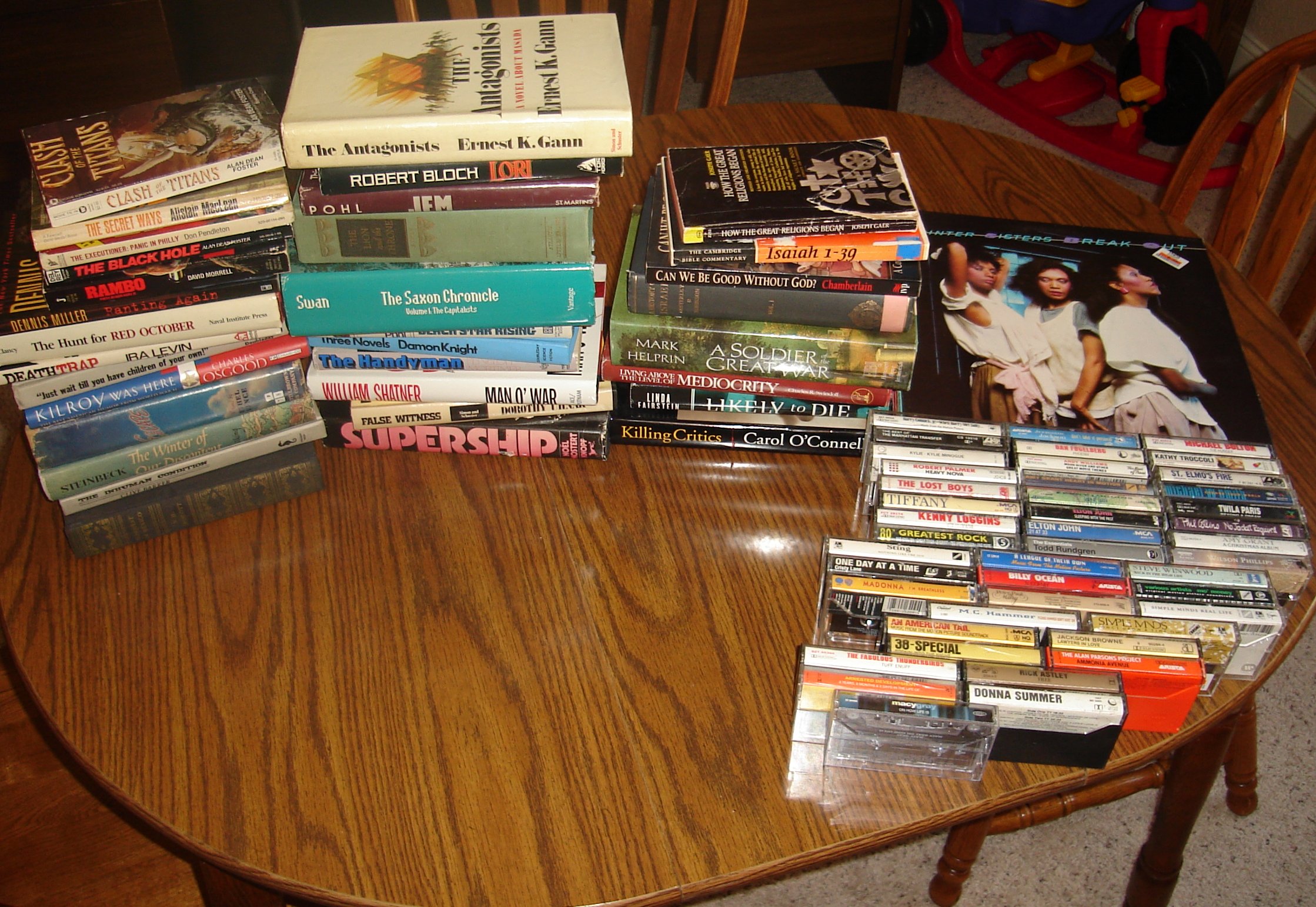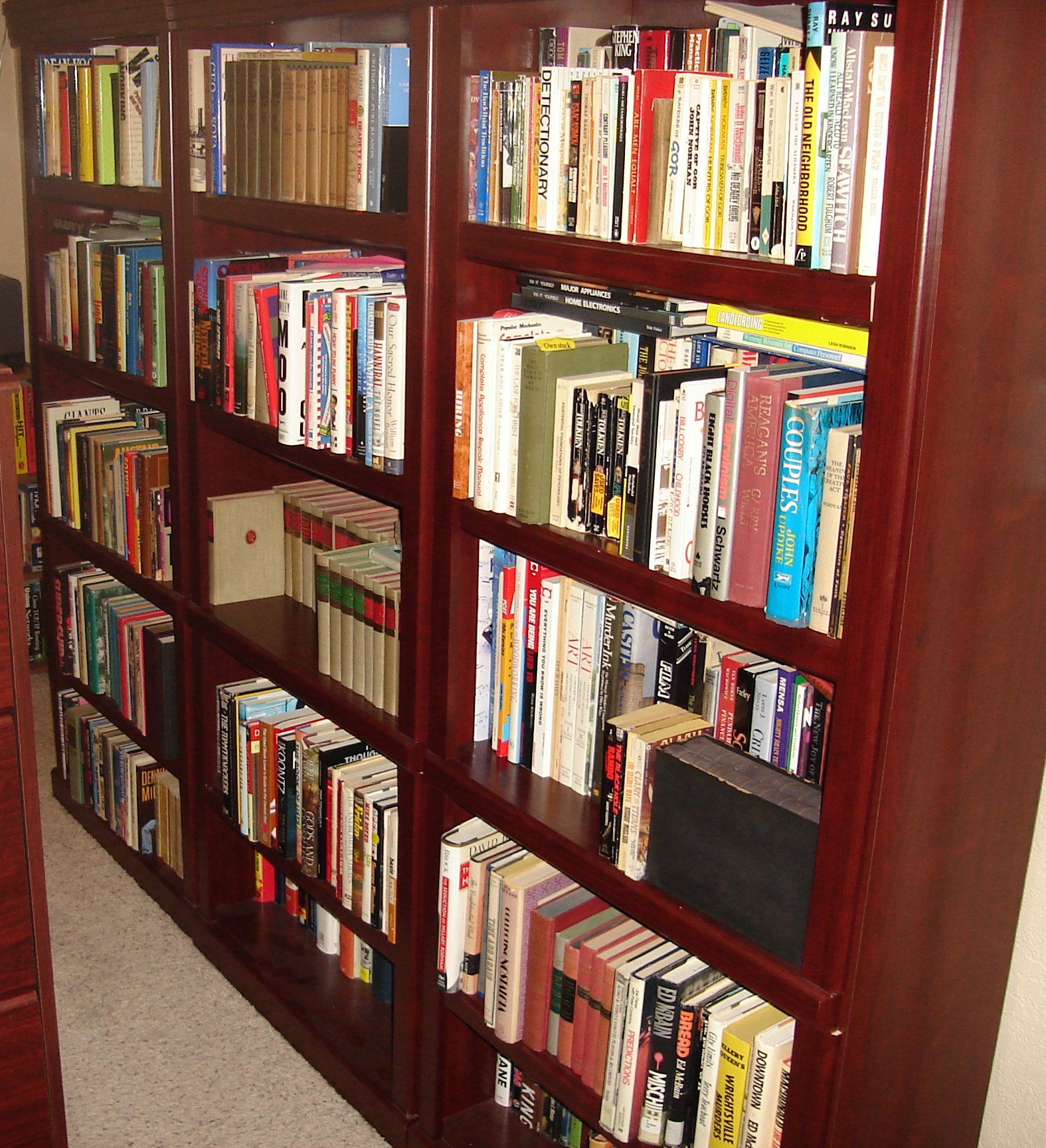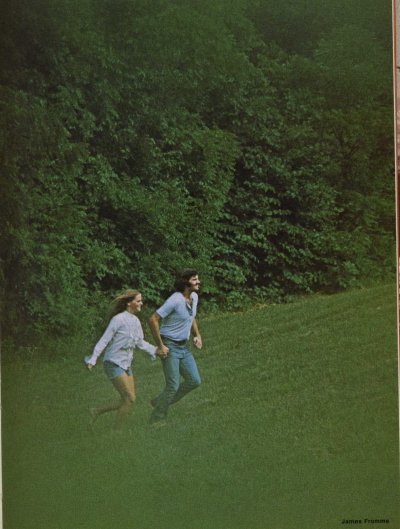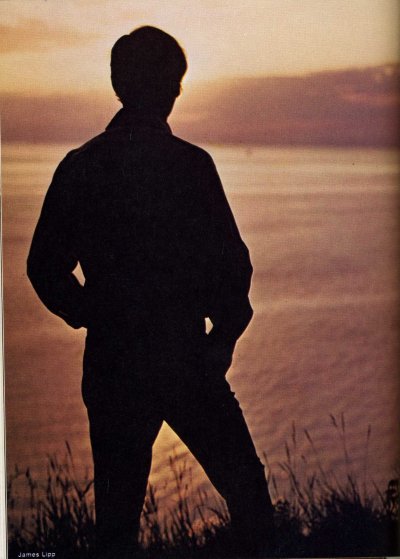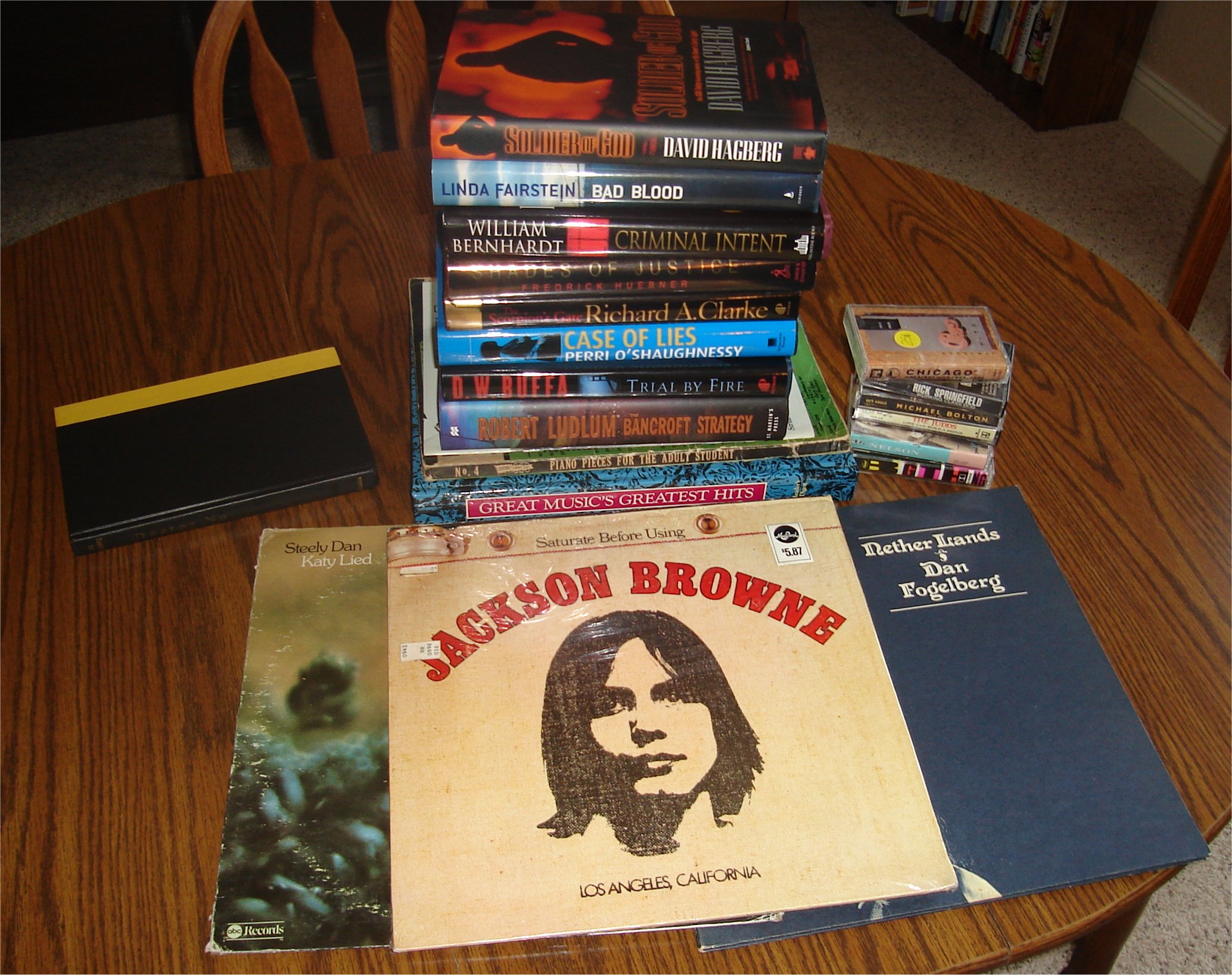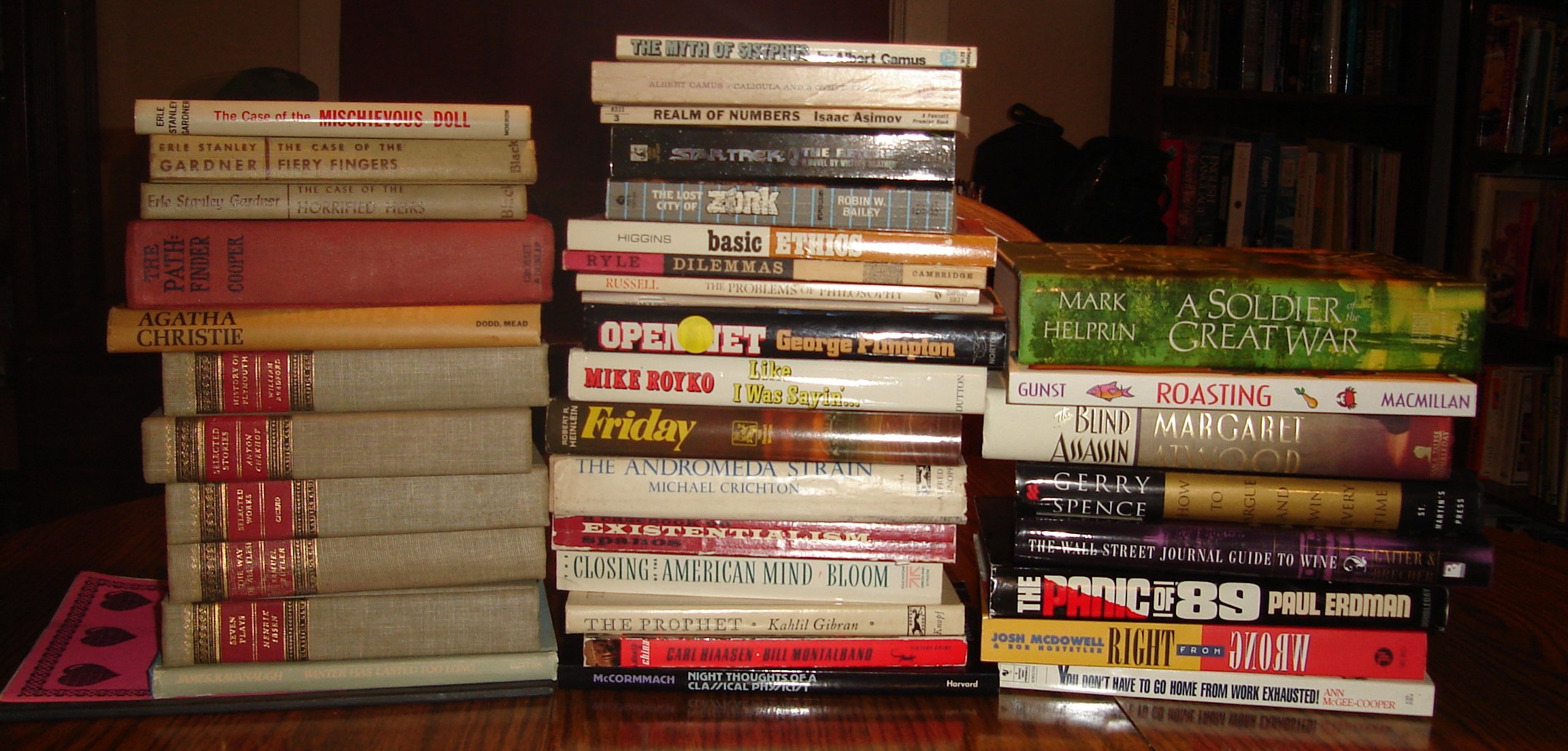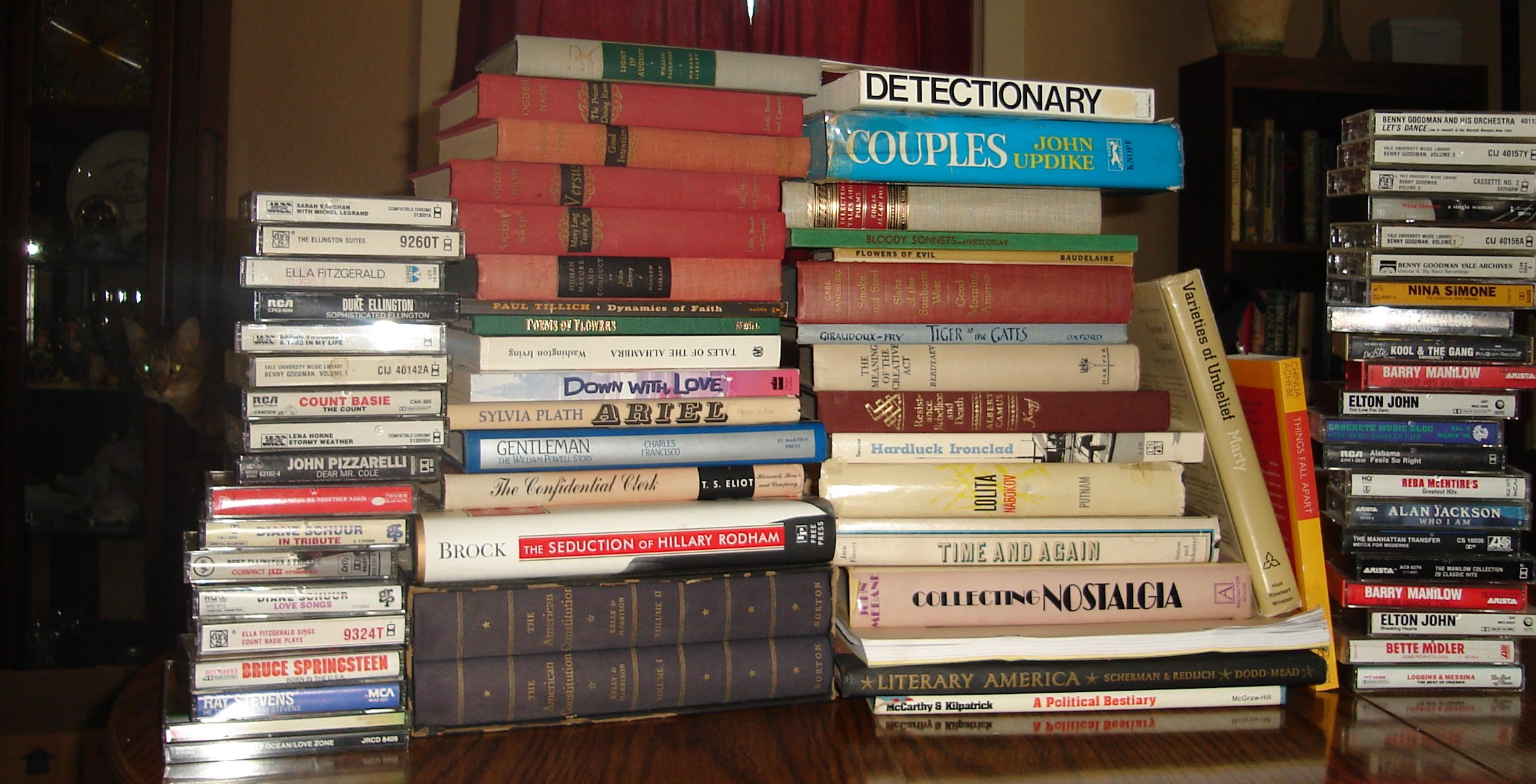Somewhere in the 20th century, the academics killed poetry. Sylvia Plath served as one of the weapons, although it’s not clear she intentionally participated.
That is, poetry used to be accessible to the masses. Good poetry was accessible and profound. You could read a poem and get its point, enjoy its language if applicable, and reflect upon its meaning. Sometimes, if a poem was good, people could memorize them to recite for pleasure. No fooling. I’ve done it myself. Bad poetry that was accessible and not profound sort of went in one ear and out the other, but many had cadence (iambic pentameter, forced if needed be) and rhymes (forced, if needed be) that sounded good aloud and end-stopped and everything. Good poems, though, that had both that accessibility and brought profundity–a deeper meaning that resonated–along with provocative and evocative imagery, those poems lasted and brought pleasure for hundreds of years of readers.
But somewhere along the line, academics grabbed a hold of poetry and said, “We’ll tell you what’s good poetry.” Perhaps the markets were already drying up for middlebrow poetry consumers. But the academics started liking and promoting poems that were inaccessible and profound, which became the new Good. If they couldn’t be profound, they could still be inaccessible. The more inaccessible, the more academics with time on their hands, whole days of life unbroken by actual life except for the accursed office hours where they had to face impertinent and unteachable students of the bourgeoisie, could determine the beauty and meaning of the chaotic clapping of syllables and characters.
Sylivia Plath is slightly better than that, but not much. She’s slightly better with imagery than Rod McKuen, but tied for last with him (and much of the Poet race) in cadence and earsound. Her jumpcut imagery, though, really doesn’t serve to keep the reader in the moment of the poem and obscures her meaning. Except for the default men suck and I want to die which we can infer from her continued relevance to modern academics and her eventual success in the latter.
This book represented the second book of Plath’s poetry I’ve read; the first was Colossus, which I read in college for no apparent reason (that is, not because it was a class assignment, but instead because I liked to read poetry). So I recognize the relevance and can sometimes get something from a couple lines of her poems, but never a complete poem.
I think I have The Bell Jar still on my to-read shelves. Fortunately, I have plenty on them to keep me occupied for the next decade until I work myself into it.



